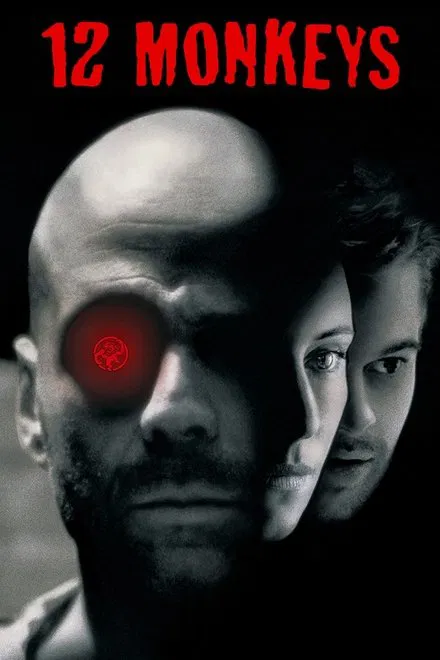
Directed by: Shane Carruth
Starring: Shane Carruth, David Sullivan, Casey Gooden, Anand Upadhyaya
🔬 Introduction: DIY Time Machines and Unintended Consequences
Primer (2004) is perhaps the most intricately constructed time travel film ever made, renowned for its technical rigor and its unapologetic narrative opacity. Written, directed, and starring former engineer Shane Carruth, the film follows two friends, Aaron and Abe, who accidentally invent a device that enables short-term backward time travel. The result is a rabbit hole of double-crossing timelines, ethical ambiguity, and the slow erosion of trust and selfhood.
🛠️ The Mechanics of Time Travel
The film’s time travel is grounded in plausible engineering: the “boxes” allow users to enter at one time and exit at an earlier point. By moving carefully in and out of the boxes, Aaron and Abe attempt to exploit their invention for financial gain, making cautious stock market plays. However, as curiosity, paranoia, and ambition escalate, the timeline quickly fractures into a tangle of overlapping events and divergent selves.
Unlike most films, Primer does not pause to explain its labyrinthine structure. The dialogue is dense with jargon, and the viewer is left to piece together the puzzle—much like the characters themselves, who increasingly lose track of which version of events they are inhabiting.
⚡ Ethics, Trust, and the Corruption of Genius
At its heart, the film is a cautionary tale about the seductions and dangers of unchecked discovery. Aaron and Abe begin with a shared sense of wonder and responsibility, but their alliance frays as ethical lines blur. The temptation to manipulate friends, rivals, and even one’s own past becomes irresistible. The film probes not only the consequences of time travel, but the deeper question of whether technological power inevitably corrupts those who wield it.
As the narrative spirals, so do the characters’ moral compasses. Deception, sabotage, and duplicity become the rule, not the exception. The film’s minimalist aesthetic and muted performances serve to heighten the sense of alienation and moral vertigo.
🔄 Paradox, Multiplicity, and the Loss of Self
By the film’s final act, multiple iterations of Aaron and Abe are operating simultaneously, each pursuing their own agenda. The boundaries between self and other, original and copy, collapse. The plot becomes nearly impossible to map—a deliberate reflection of the characters’ own confusion and existential anxiety.
Primer’s ambiguity is not a bug, but a feature: Carruth invites the viewer to experience the disorientation and dread that accompanies true innovation. The only certainty is uncertainty, the only escape is further entanglement.
🎯 Final Thoughts: Complexity as Fate
Primer endures as a singular achievement in science fiction, not because it offers answers, but because it dares to ask the hardest questions—about knowledge, ethics, and the limits of understanding. Its twisty, complex timeline is a mirror for the mind itself: intricate, recursive, and forever unresolved. In the world of Primer, the greatest danger is not the paradox, but the inability to recognize when you have become lost within it.